
Forbidden Fruit by Glimpt
Cologne 2011: Swedish design duo Glimpt presented these strawberry-inspired pendant lamps as part of [D3] Design Talents at imm cologne last week.
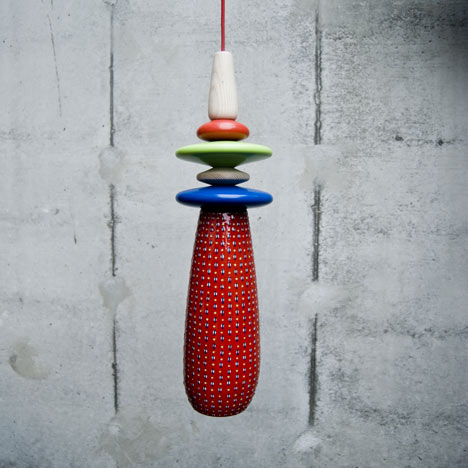
Called Forbidden Fruit, the collection of lights feature ceramic shades that have been painted with tiny details representing strawberry pips.
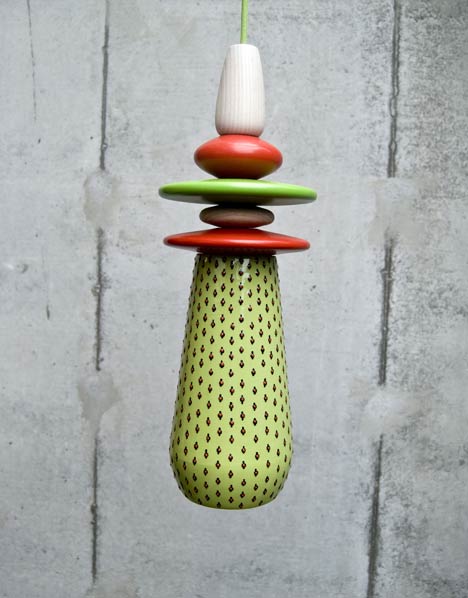
The cords are fitted with layers of colourful discs, which sit on top of the shades.
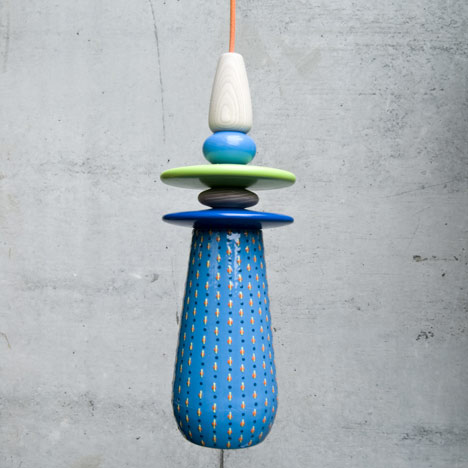
As well as the pendant lights, the collection includes a floor lamp, a sideboard and a stool with metal legs that slot into grooves on the bottom side of the seat.
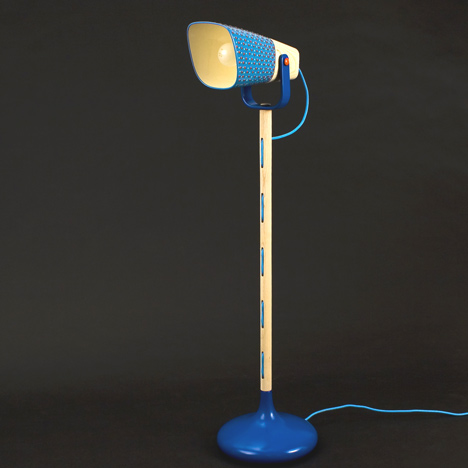
The designers created the objects in collaboration with craftsmen from South Africa.
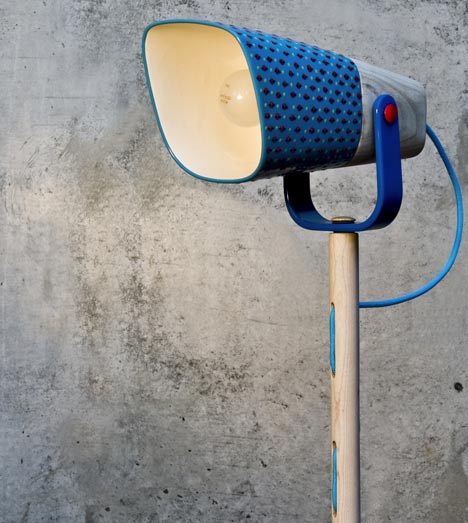
imm cologne took place 18-23 January. See all the stories about the event in our special category.
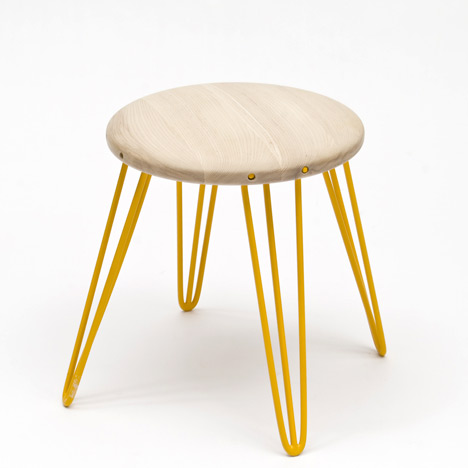
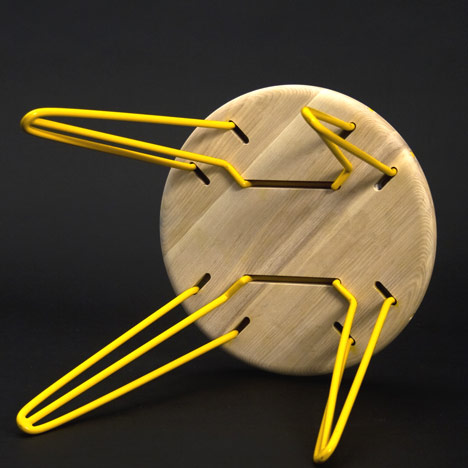
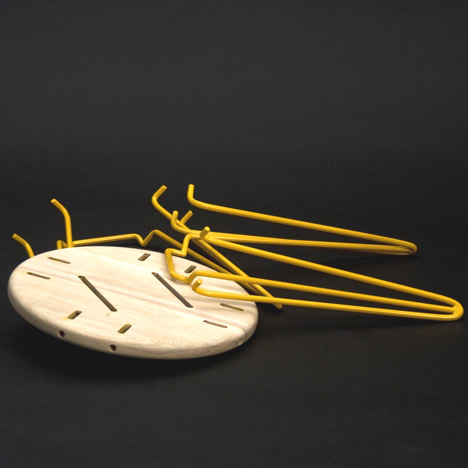
Here's some text from the designers:
Before starting our exam project, we had long discussions about what we felt was important to us and about the ways we want to work. Since we are both very fond of handicraft and do a lot of woodwork ourselves, it felt natural to make handicraft the point of departure for our project.
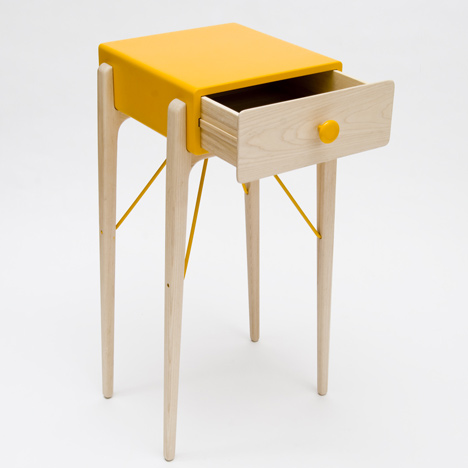
Our discussions revealed that we are more or less fed up with that part of today’s designworld which is all about conceptualizing and creating products for a consumer society without involvement at a deeper level. In order to justify ourselves as designers we felt a need for our work to mean more than just that.
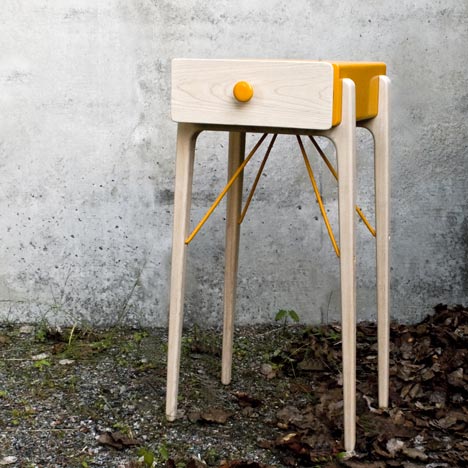
This led us on to the idea of co-operating with craftsmen in poorer parts of the world, thus highlighting their handicraft and their cultural tradition and perhaps, in the long run, contribute to creating more work for the local craftsmen.
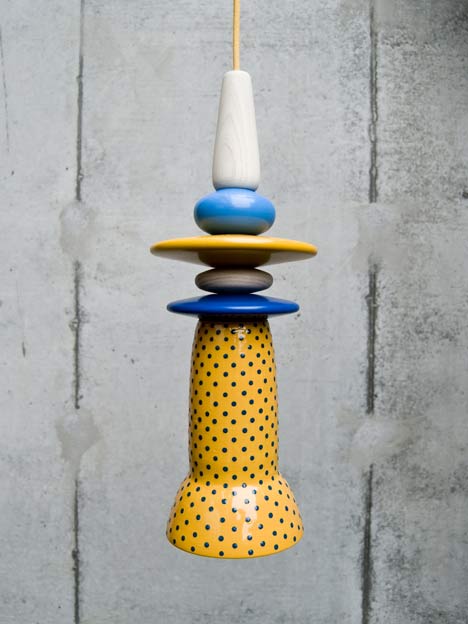
When design and craftmanship meet, we hope to create more attractive products for which you can charge more reasonable prices so that the local craftsmen get a fairer share than what is often the case.
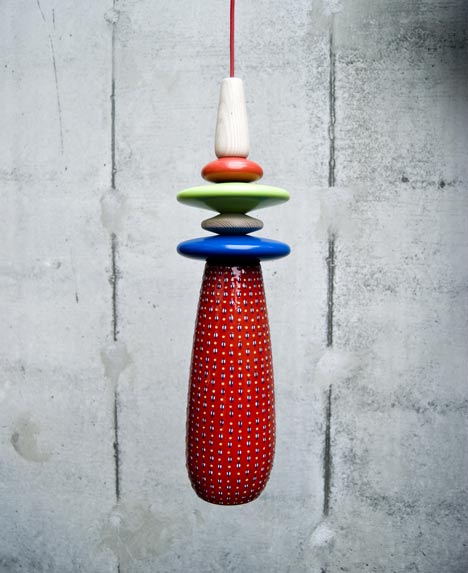
We established contact with Furntech (furntech.org.za) – South Africa’s Centre of excellence for the furniture industry – where they accepted working with us in our exam project. At Furntech they focus on skills development in furniture manufacturing to improve quality in South African wood and furniture industry.
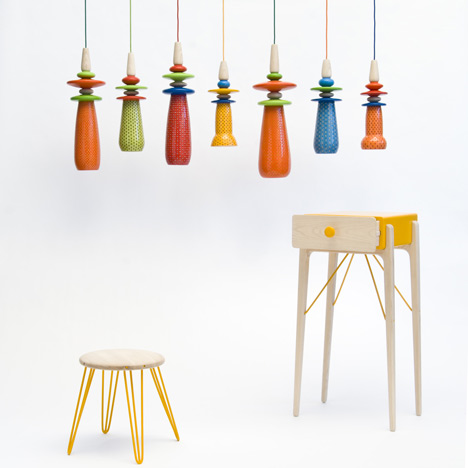
They offer accredited training programmes as well as support/incubation for small and micro enterprises. Before going to South Africa, we studied their wealth of handicraft and also established contact to a ceramics studio called Potters Workshop (pottersworkshop.co.za), whose work we found highly inspiring.
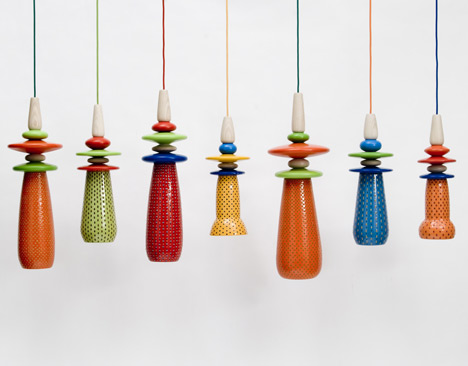
We also found different metal workers who wanted to work with us in our project. When we finally came to Cape Town at the beginning of May, we experienced four very intensive weeks working together with the people that we had established contact to.
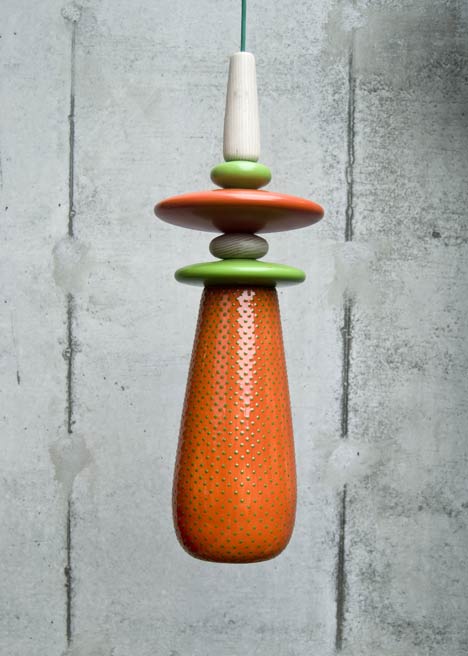
The final outcome was a number of prototypes: a stool and a sideboard, both knock-down, and a number of hand-deco- rated ceramic lamps.
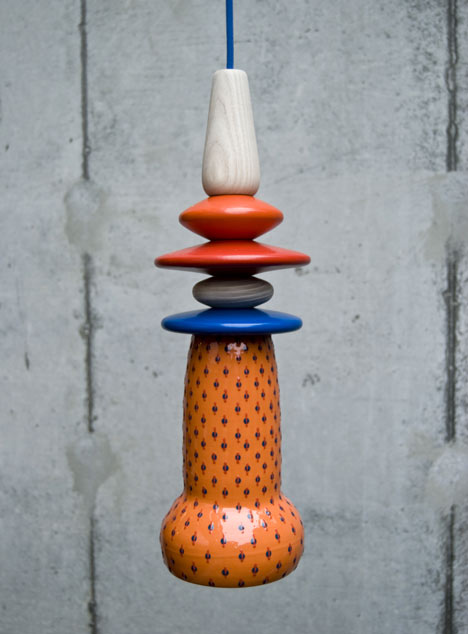
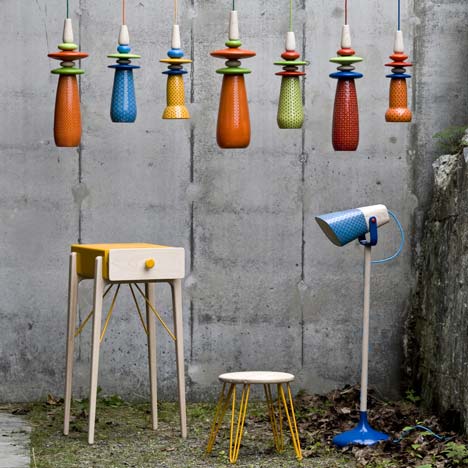
On the following pages you find photos from our work in South Africa as well as photos showing the final prototypes. In March the pendant lamps will be released at the Design In Daba in Capetown. And they will be produced by the ceramicists at the Potters Workshop.
Tor & Mattias
See also:
.
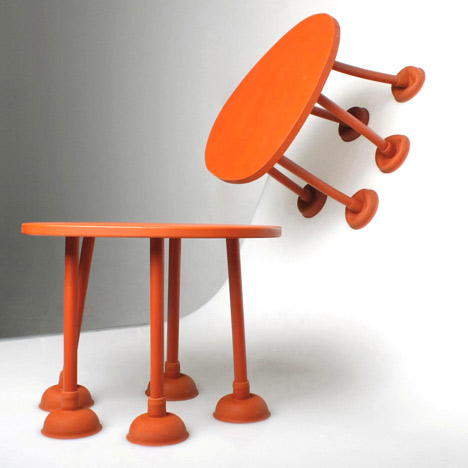 |
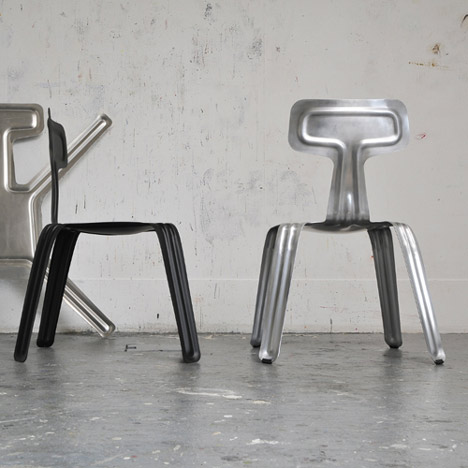 |
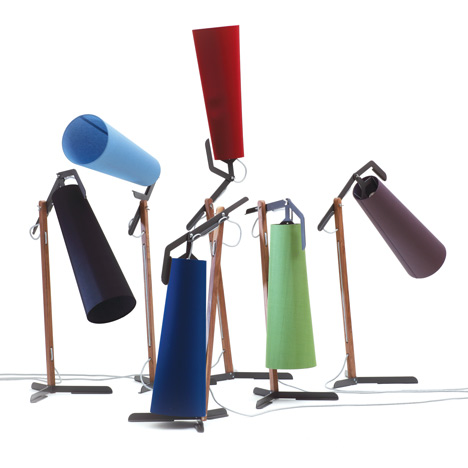 |
| Rubber Table by Thomas Schnur |
Pressed Chair by Harry Thaler |
La Grande by Reinhard Dienes for Anthology Quartett |